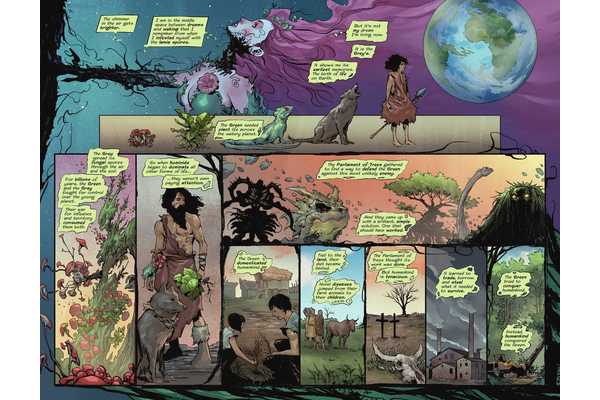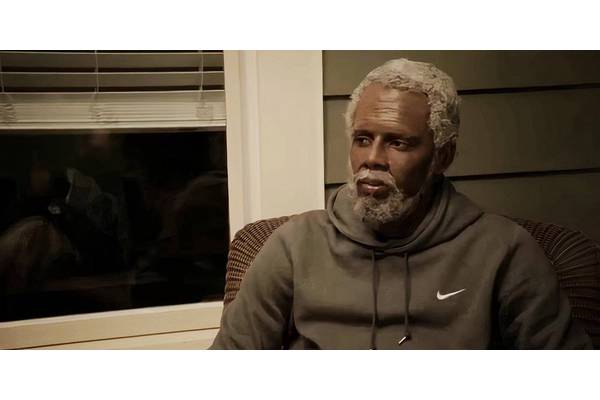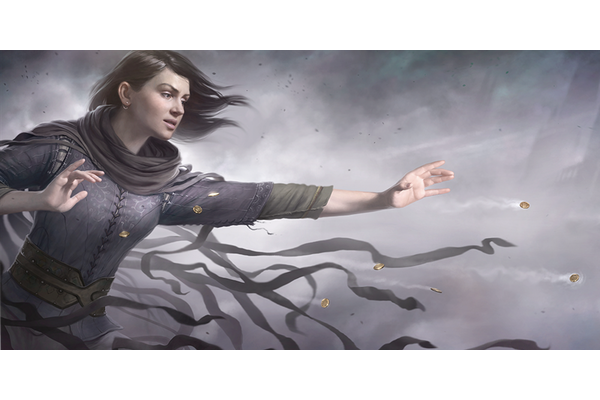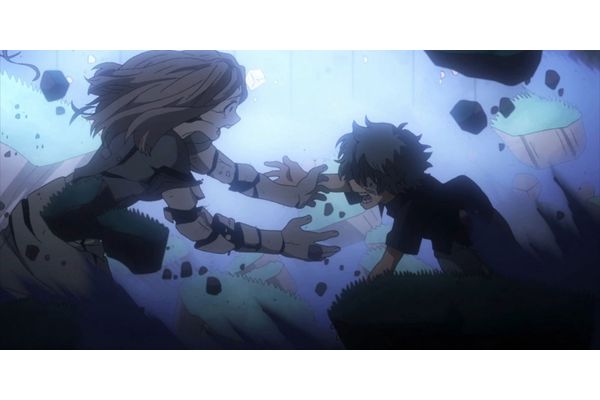It's True: Comics Are Canon In the Marvel Universe For One Wild Reason
Yes, the adventures that made Marvel Comics a household name exist in the Marvel Universe, and they're one hundred percent canon thanks to a surprising law. Marvel's ongoing titles may just be fiction in our world, but on Earth-616, they're official recounts of history.
The idea of Marvel Comics existing in the Marvel Universe isn't a new one and, over the years, dozens of stories have played with the idea that the comics fans read in real life also exist in the fictional universe. But it wasn't until one hero did some digging and discovered why Marvel Comics are canon and, even better, admissible in court.
The Comics Code Authority Canonizes Every Marvel Comic on Earth-616
She-Hulk Discovered a Surprising Legal Loophole
In She-Hulk #2 by Dan Slott, Juan Bobillo, Marcelo Sosa, Chris Chuckry, and Dave Sharpe, Jennifer Walters has just started her new job at the law firm of Goodman, Lieber, Kurtzberg & Holliway, a practice that specializes in superhuman law. Jennifer is assigned a case immediately, taking over a lawsuit being brought by the newly-empowered Daniel Jermain, aka Danger Man. Jermain worked at Roxxon Energy Corporation and was accidentally knocked into a vat of atomic hard water. Jermain was endowed with powers, but he wants to sue Roxxon for their oversight.
...the comics were verified by the Comics Code...
Walters heads to the firm's library to look up any relevant case documents, where she discovers 'The Basement', a room filled with longboxes full of comics. There she meets fellow lawyer Stu Cicero, who tells She-Hulk that Marvel Comics are admissible in any court of law. Walters is baffled, but Cicero reveals that most Marvel Comics publications are licensed from the actual heroes. Any comic published before 2002 still has the Comics Code of America seal on it, making it an official legal document since the Comics Code was a federal agency.
The Comics Code of America is based on the real-life Comics Code Authority, which Marvel Comics indeed stopped submitting its work to in 2001.
This is followed up in She-Hulk #6 by Dan Slott, Paul Pelletier, Roland Paris, Avalon Studios, and Dave Sharpe, when Goodman, Lieber, Kurtzberg & Holliway bring a case against Hank Pym and his micro-prison, the Big House. Pym vehemently objects to the idea of comics being used as legal accounts, but one of the firm's lawyers reminds him that the comics were verified by the Comics Code and that the negative effects of Pym Particles are a matter of public record.
Decades of Marvel History is Canon and Can Be Used in Court Cases
To Be Fair, the Heroes Licensed Their Stories
Marvel Comics has been a part of the Marvel Universe as far back as Fantastic Four #10, which introduced a fictionalized version of Marvel Entertainment (going so far as to have Stan Lee and Jack Kirby appear in obscured cameos). It was established here that heroes like the Fantastic Four licensed out their adventures to Marvel, though there was a degree of embellishment to some of these stories. Other heroes such as Deadpool and She-Hulk would reference the in-universe Marvel Comics in a more tongue-in-cheek manner to fit in with their comedic and meta sensibilities.
...this was a novel idea that put a real fun twist on a concept that's been around since the days of Lee and Kirby.
Interestingly enough, the Comics Code that's referenced in She-Hulk has one big difference from the real-life Comics Code Authority that actually existed. The CCA was not a part of the United States government and was, in fact, created to avoid government censorship. But in the Marvel Universe, the Comics Code of America was a federal agency, and because the comics were licensed by the heroes, any comic published by the 616-Marvel Comics became an official public record.
Granted, this only applies to comics in the Marvel Universe before 2002, and given the sliding timeline, it's likely that this isn't exactly the case anymore. But this was a novel idea that put a real fun twist on a concept that's been around since the days of Lee and Kirby. The notion that Marvel-based comic books not only existed in the Marvel Universe was humorous enough. But the fact that they could be used in court as historical documents takes it to a whole other, and hilarious, level.
What's the Current State of Marvel Comics in the Marvel Universe?
Can Anyone Still Use Comics to Pursue Legal Action?
While this was a hilarious idea, the Comics Code was left behind two decades ago, both in the Marvel Universe and for the actual publisher. But there's still a fictional Marvel Comics that exists on Earth-616, undoubtedly telling fictionalized accounts of the biggest events in the world. It's honestly for the best that these stories not be historical documents anymore and that citizens in-universe let comics be comics and leave the Marvel heroes to their own world.










